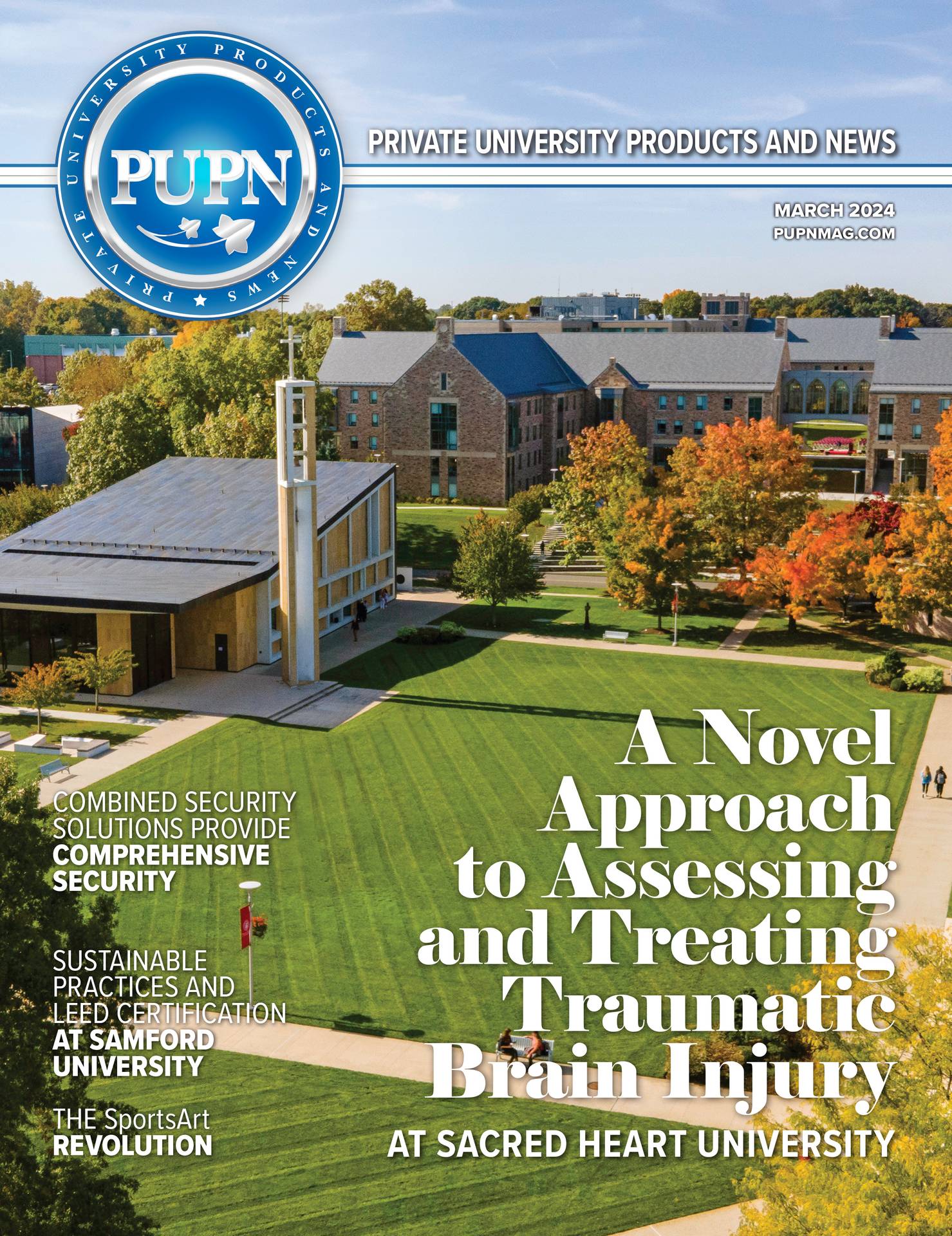In July 2017, The Washington Post reported that the White House plans a huge cut in funding for the Pell Grant program as well as programs like Teach for America and AmeriCorps, which send thousands of people across America to engage in intensive service in exchange for benefits including stipends and student loan forbearance.
A Work College is one way for students to achieve an impressive degree and more life experience and rewards with a much lower cost than a traditional degree program. Three outstanding colleges are making exciting choices to accommodate these students: Kentucky’s Berea College, Vermont’s Sterling College, and Missouri’s College of the Ozarks. Choosing to be a Work College has a powerful impact on recruitment and retention, and the benefit of a small liberal arts school is something that many students are drawn to. When one adds to the obvious advantages of smaller classes and more interaction with fellow students, the ability to work for one’s tuition can be an enticing draw.
Luke Hodson, Director of Admissions at Berea, said prospective students choose Berea because of “the welcoming environment and support for opportunities beyond the classroom such as internships or study abroad.” Dr. Marci Linson, Dean of Admissions at College of the Ozarks, talked about the Christian atmosphere of their college. She said, “Financial barriers usually impact retention negatively, and work scholarships are available for the most needy to cover room and board expenses.”
Tim Patterson, Director of Admission at Sterling College, said their College Work Program “helps foster a campus culture of accountability, responsibility, and interconnection.” Patterson adds, “The practical benefits of graduating with a resume along with a BA degree is also a huge draw for prospective students and families.”
Application Criteria
The criteria for accepting applications from potential students varies a little among these three colleges.
Hodson from Berea says that there are many factors including a personal interview, academic records, test scores, and financial eligibility. In addition, they value recommendations and endorsements, extracurricular activities, community service, character, and personal qualities. Linson at College of the Ozarks mentioned financial need and academic ability when looking at applicants, requiring at least 20 on ACT and a 3.0 high school grade point average. “During the personal interview the college shares the mission, vision, expectations and culture of the College while also getting to know a little about the applicant,” she added.
Patterson from Sterling College said that they don’t look at SAT or ACT scores while interviewing every applicant. He notes, “We look for students who are passionate about Sterling’s mission of environmental Photo courtesy College of the Ozarks stewardship, who have a strong work ethic and sincere sense of purpose and who are excited about participating in the work of building community.”
Work Assignments and Requirements
There are specific requirements for work hours at all three places. David Slinker, Labor Program Operations Manager at Berea, said that all students are required to work 10 hours per week. The financial benefit is 25% of the no-tuition promise. Valorie Coleman, Public Relations Director at College of the Ozarks, said that each student works 15 hours per week throughout the semester and one 40-hour work week per semester.
Students also may apply for the summer work program, which covers the cost of their room and board for the coming year. Geoffrey Fehrs, Director of Community Services at Sterling, said that all residential students are required to work a minimum of 80 hours per semester. Student Work Advisors, who are the student leadership in the Work program, work up to 110 hours per semester.
There are very specific assignments and requirements at any Work College, which vary from place to place. Slinker at Berea said that first-year students are assigned a position, but in the following years, they are obligated to secure their own positions, which requires them to interact with work areas across the campus. Coleman at College of the Ozarks also stated that first-year students are assigned to work stations, but as sophomores they are encouraged to reach out for work stations more aligned with their field of study. The supervisors take applications and conduct interviews much like in a real-world setting.
Fehrs at Sterling said that every fall, students can apply to three positions that they are interested in pursuing for the academic year, and then there is an application process based not only on their interests but their skills and aptitudes as well.
Each of these schools requires a type of “contract” for students to sign. Slinker at Berea said that every student signs a “Labor Participation Agreement” with the College by which they agree to work in the program throughout their career at Berea. Individual contracts are made with work areas that spell out the details. She added, “There is never a time students are subject to paying tuition. If they don’t work, they cannot attend school here. Participation in the Labor Program is a fundamental requirement for being accepted to Berea College and is an essential part of their educational experience.”
Coleman at College of the Ozarks said that as students are enrolled there, they are committing to complete the work program. No cash tuition is charged. Fehrs at Sterling said that after students have been assigned a position, they have to complete a Job Voucher which serves as a contract to complete the hourly commitment for the semester. Students who do not fulfill their commitment for the semester are financially responsible for hours not completed.
Alumni Endorsements
Former graduates offered glowing reports about their personal experiences in these programs. Dr. Matthew Saderholm, Professor of Chemistry and Division Chair at Berea College, graduated from Berea in 1992. He said that his time at Berea in undergraduate work was positive and constructive. He was awarded a one-year Fullbright Fellowship in Switzerland, and he received his PhD at North Carolina Chapel Hill. He credits his success in large part because of the hands-on mentorship he received at Berea College.
Elana Carson, Category Analyst and The Clorox Company, said that College of the Ozarks gave her a head start in life: “I was given a wonderful education that prepared me to graduate with a Master’s Degree and jump right into the workforce immediately after. I have never regretted my decision to attend and consider myself very blessed.”
When he was first choosing a college as a student, Sterling College’s Fehrs said that he was immediately drawn to the Work Program and the opportunities provided. Fehrs states, “These experiences instilled a love for small communities and a deeply held belief that the work we do together creates a culture of interdependency and care that is essential if we are to effectively face the challenges of the future.”
One theme runs through all three of these esteemed institutions: If someone works hard and seeks to achieve community with others, a well-earned exemplary education is guaranteed—without the burden of student loan debt for years to come.










